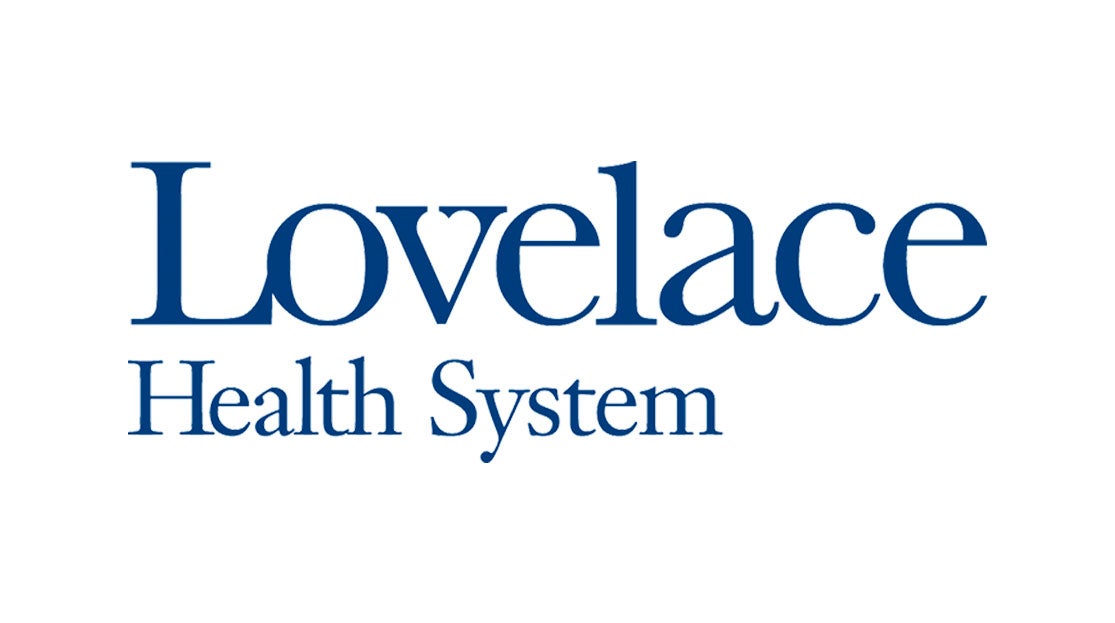
That is a bold question, but one being addressed by researchers today. According to recent trials, the answer could be yes. With heart disease being the number one killer in our country, responsible for 25% of US deaths every year, wiping out heart attacks is a substantial consideration to the health of our nation.

Start with a Large Single-Site Study
One such trial looking into the potential of completely preventing heart attacks is the Dallas Heart Study, a genetics and coronary atherosclerosis study. Essentially, researchers wanted to answer the question, who will get coronary heart disease (CHD) and who will not? They interviewed more than 6,000 eligible participants for the study. Taking a look at all the risk factors for CDH, cholesterol, or LDL (bad cholesterol), was singled out with the hypothesis that if you have low LDL, you will be protected from developing CHD in your lifetime. Specifically researchers propose that if you have an LDL of 60 or below your entire life, you will not get CHD, responsible for 80-90% of all heart attacks.
Why Genetics is the Answer
When you look at the influence LDL has on a person’s risk for CHD, there are other factors that play a role in their LDL, including weight, exercise, and diet. Researchers wanted to rule out any of these influencers in this large multi-cultural study and focused on genetics, which are not influenced by any of the above factors. Looking for a genetic link between those whose families with low LDL despite lifestyle and other factors, a genetic marker could be the answer.
That genetic marker would be identified after the discovery of a new gene in a French family in 2003, PCSK9. This newly discovered gene is a new cause of autosomal dominant LDL, meaning a gain of function in PCSK9 directly increases LDL and causes LDL receptors, which remove LDL particles from the body, to disappear. With this genetic marker and relationship established with LDL, researchers hypothesized a loss of function of PCSK9 would result in a decrease of LDL and increase receptors, therefore driving down LDL cholesterol levels to that point (below 60) where CHD would not develop.
3 mutations of PCSK9 were discovered and identified as R46L, Y142X, and C679X. Of the Dallas Heart Study, researchers identified participants who had these mutations and found their LDL levels and CHD were greatly reduced compared to the population [African Americans had a 28% reduction in LDL, 88% reduction in CHD; European Americans had a 15% reduction in LDL, 46% in CHD].
Rare Gene Leads to New Super Lowering Drug
The discovery of this rare gene, PCSK9, and the resulting discovering of the lowering LDL gene mutations, has led to the development of a super LDL lowering drug, which is currently in trials with early indications of successful outcomes. In fact, 100% of the people in the study who take this drug reach their LDL target (under 60). What this means for anyone who has struggled to manage their cholesterol with medication, is an answer is on the horizon, which appears to be much more effective than today’s statins.
LDL, according to these findings, stands up to its name as the “bad” cholesterol, but also carries a new identification as one of the worst risk factors for CHD. Being able to control and lower LDL for 100% of the population with the new super lowering medication, takes the worst risk factor nearly out of the equation. Can we really wipe out heart attacks? It appears so.
For more information on cardiac care available at Lovelace, please visit our website.




